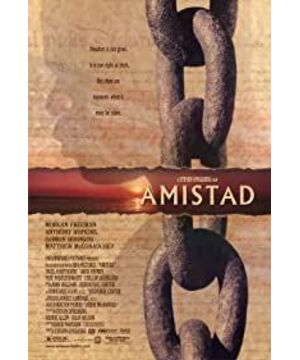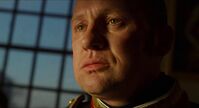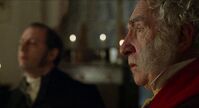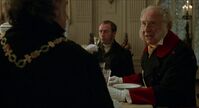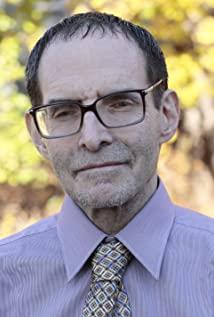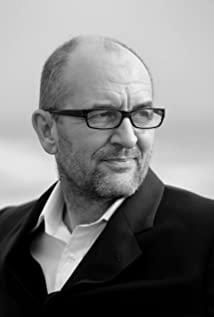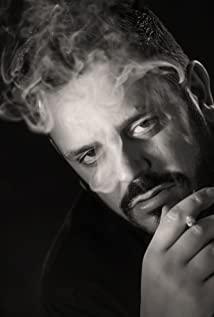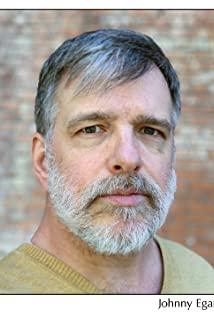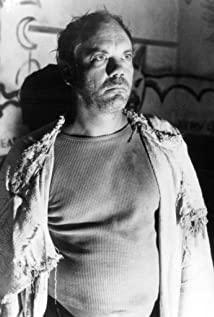Watching this movie, I cried twice.
The first time, in court, a black man stood up, said intermittently, and continued to say,
"Give us free...Give us free!" after being stopped . The
second time, in Supreme Court, John Quincy Adams defended Cinque.
I reviewed that paragraph and excerpted it now:
Your Honors, I derive much consolation from the fact that my colleague, Mr. Baldwin, here, has argued the case in so able and so complete a manner as to leave me scarcely anything to say.
However, why are we here? How is it that a simple, plain property issue should now find itself so ennobled as to be argued before the Supreme Court of the United States of America? I mean, do we fear the lower courts, which found for us easily, somehow missed the truth? Is that it? Or is it, rather, our great and consuming fear of civil war that has allowed us to heap symbolism upon a simple case that never asked for it and now would have us disregard truth , even as it stands before us, tall and proud as a mountain? The truth, in truth, has been driven from this case like a slave, flogged from court to court, wretched and destitute. And not by any great legal acumen on the part of the opposition, I might add, but through the long, powerful arm of the Executive Office.
Yea, this is no mere property case, gentlemen. I put it to you thus: This is the most important case ever to come before this court. Because what it, in fact, concerns is the very nature of man.
These are transcriptions of letters written between our Secretary of State, John Forsyth, and the Queen of Spain, Isabella the Second. Now, I ask that you accept their perusal as part of your deliberations.
Thank you, sir. [to court officer]
I would not touch on them now except to notice a curious phrase which is much repeated. The queen again and again refers to our incompetent courts. Now what, I wonder, would be more to her liking? Huh? A court that finds against the Africans? Well, I think not. And here is the fine point of it: What her majesty wants is a court that behaves just like her courts, the courts this eleven year-old child plays with in her magical kingdom called Spain, a court that will do what it is told, a court that can be toyed with like a doll, a court - as it happens - of which our own President, Martin Van Buren, would be most proud.
Thank you. [takes document from Baldwin]
This is a publication of the Office of the President. It's called the Executive Review, and I'm sure you all read it. At least I'm sure the President hopes you all read it. This is a recent issue, and there's an article in here written by a "keen mind of the South," who is my former Vice President, John Calhoun, perhaps - Could it be? - who asserts that:
"There has never existed a civilized society in which one segment did not thrive upon the labor of another. As far back as one chooses to look - to ancient times, to biblical times - history bears this out. In Eden, where only two were created, even there one was pronounced subordinate to the other. Slavery has always been with us and is neither sinful nor immoral. Rather, as war and antagonism are the natural states of man, so, too, slavery, as natural as it is inevitable."
Now, gentlemen, I must say I differ with the keen minds of the South, and with our president, who apparently shares their views, offering that the natural state of mankind is instead - and I know this is a controversial idea - is freedom. Is freedom. And the proof is the length to which a man, woman, or child will go to regain it, once taken. He will break loose his chains, He will decimate his enemies. He will try and try and try against all odds, against all prejudices, to get home.
Cinque, would you stand up, if you would, so everyone can see you. This man is black. We can all see that. But can we also see as easily that which is equally true - that he is the only true hero in this room.
Now, if he were white, he wouldn't be standing before this court fighting for his life. If he were white and his enslavers were British, he wouldn't be able to stand, so heavy the weight of the medals and honors we would bestow upon him. Songs would be written about him. The great authors of our times would fill books about him. His story would be told and retold in our classrooms. Our children, because we would make sure of it, would know his name as well as they know Patrick Henry's.
Yet, if the South is right, what are we to do with that embarrassing, annoying document, "The Declaration of Independence?" What of its conceits? "All men...created equal," "inalienable rights," "life," "liberty," and so on and so forth? What on earth are we to do with this?
I have a modest suggestion. [tears up a facsimile of the Declaration]
The other night I was talking with my friend, Cinque. He was over at my place, and we were out in the greenhouse together. And he was explaining to me how when a member of the Mende - that's his people - how when a member of the Mende encounters a situation where there appears no hope at all, he invokes his ancestors. It's a tradition. See, the Mende believe that if one can summon the spirits of one's ancestors, then they have never left, and the wisdom and strength they fathered and inspired will come to his aid.
James Madison, Alexander Hamilton, Benjamin Franklin, Thomas Jefferson, George Washington, John Adams: We've long resisted asking you for guidance. Perhaps we have feared in doing so we might acknowledge that our individuality which we so, so revere is not entirely our own. Perhaps we've feared an appeal to you might be taken for weakness. But, we've come to understand, finally, that this is not so. We understand now, we've been made to understand, and to embrace the understanding that who we are is who we were.
We desperately need your strength and wisdom to triumph over our fears, our prejudices, our-selves. Give us the courage to do what is right. And if it means civil war, then let it come. And when it does, may it be, finally, the last battle of the American Revolution.
That's all I have to say.
JQA walked past the row of plaster statues, stopped next to John Adams, stretched out his hand and touched it. Then he said the words that made me burst into tears.
We have been unwilling to seek your help for a long time. Maybe we are afraid. By doing so, we are acknowledging that the personality we respect and maintain is not entirely our own. Maybe we are afraid, asking for help will be regarded as weakness. But we finally realized that this is not the case. Now we understand, we have been guided to realize, to understand, who our ancestors were, we are who we are.
It suddenly occurred to me that when I was in Ubud, Ellen said to me that one night in the mirror, she saw her grandmother's face. It turns out that she is her grandmother. "They are in us. We are a part of them. "
I believe that God dwells in us.
Now I believe that Ancestors dwell in us.
This is a good thing, and it is not a good thing. But I must admit, who we are is who we were.
View more about Amistad reviews


